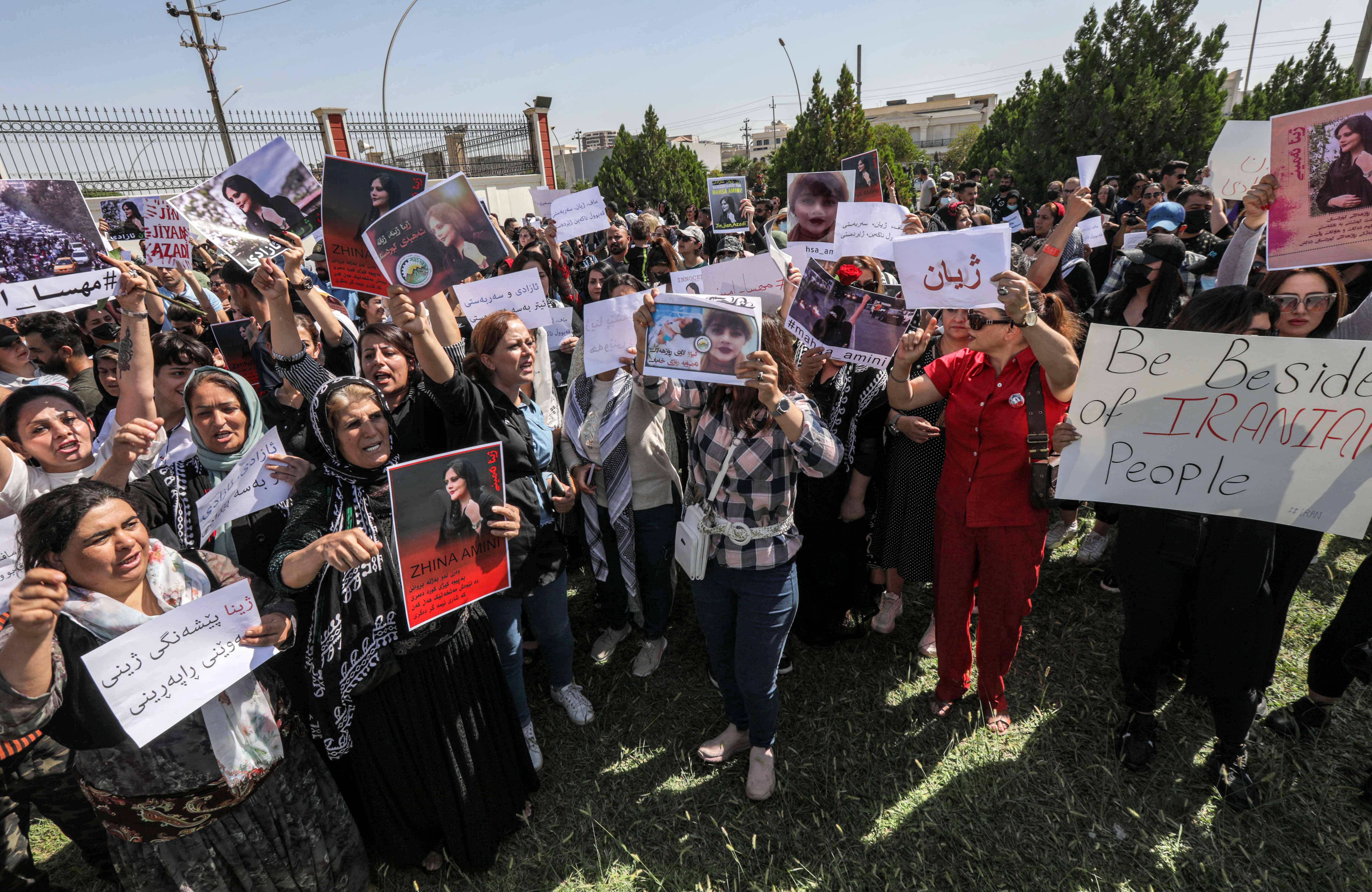The party, which remains legal but is firmly outside the corridors of power, said Iran should announce an “official end to the activities of the morality police” and “authorize peaceful demonstrations.”
It said an “impartial commission” should be set up to investigate the circumstances of Amini’s death and called for the “immediate release of people recently detained”.
At least 35 people have been killed and hundreds wounded in the protests that erupted after Amini’s death, according to official figures. Hundreds more have been arrested, including reformist journalists and activists as well as demonstrators.
Under the law adopted in 1983, four years after Iran’s Islamic revolution, all women, regardless of faith or nationality, must conceal their hair with a headscarf in public and wear loose fitting trousers under their coats.
The code has been widely skirted for decades, particularly in the major cities, but there have been periodic crackdowns.

